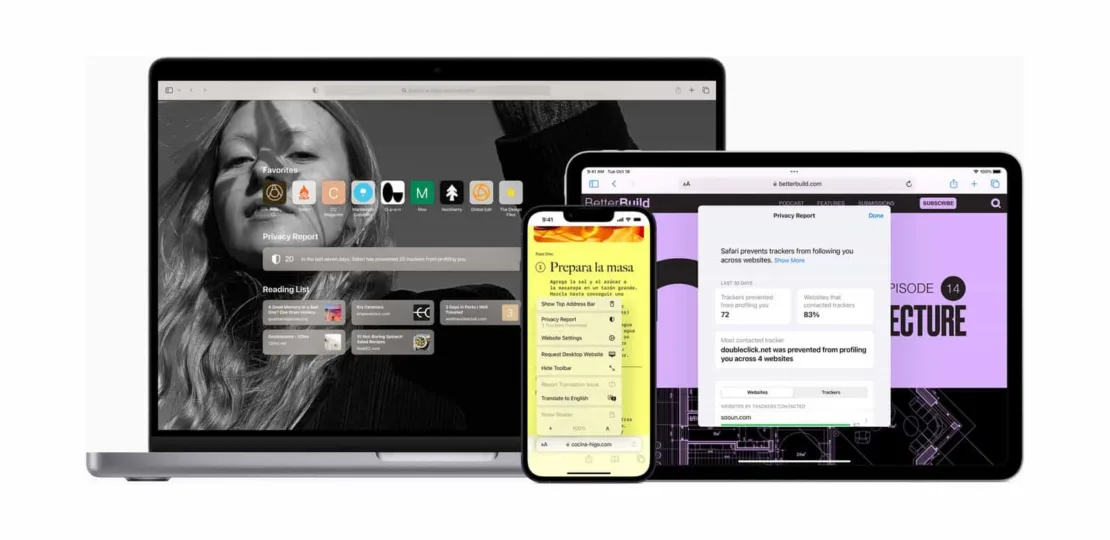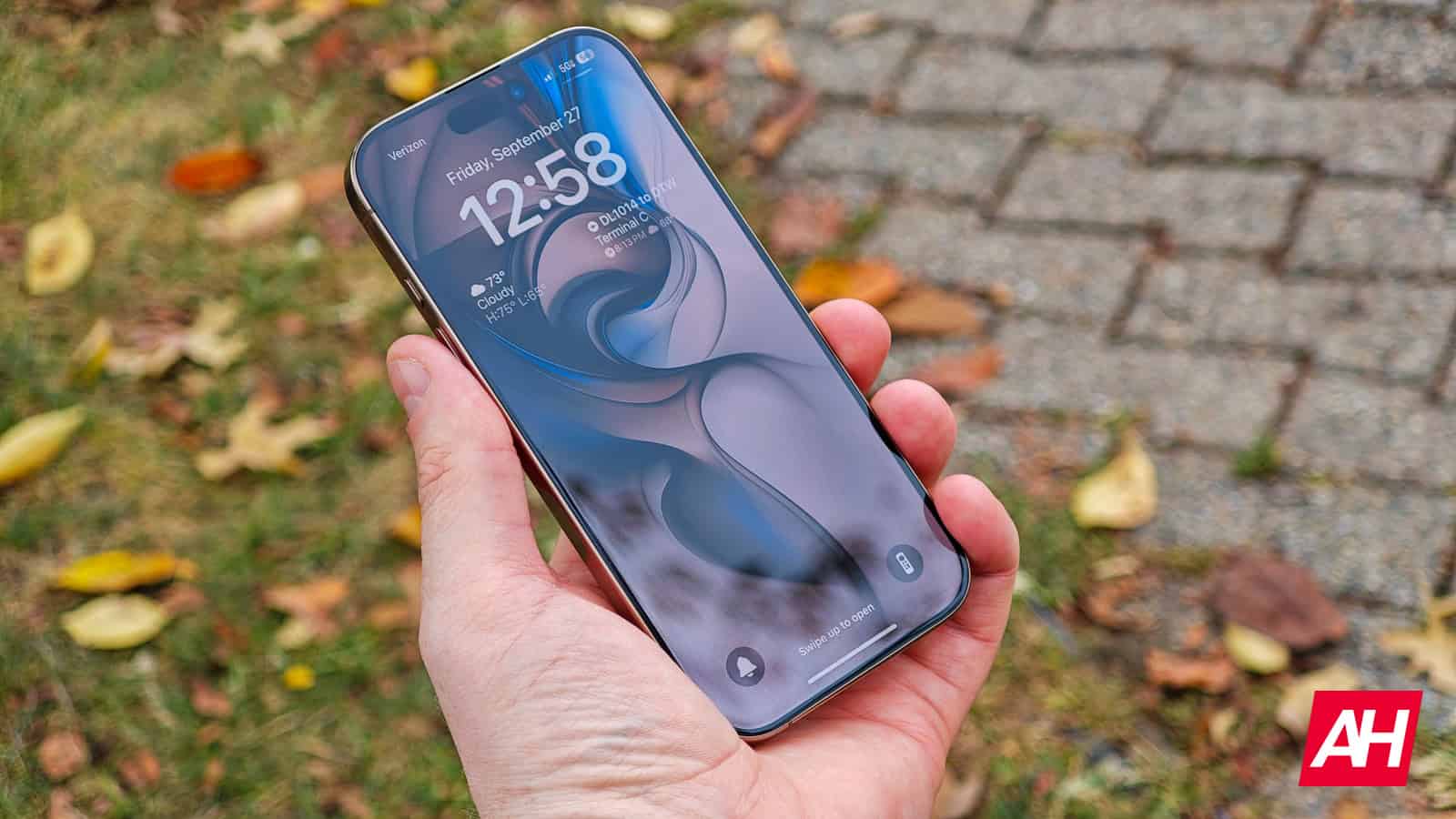
On the desktop, Google’s Chrome browser is built on Chromium and uses its own Blink rendering engine. However, on iOS devices, Chrome uses Apple’s WebKit rendering engine as part of Apple’s requirements. But that could change soon. New guidelines related to Japan’s Smartphone Act could end Apple’s lock on the iPhone browser.
Apple’s lock on iPhone browser could end
Apple has a set of guidelines that developers need to adhere to if they want their apps to be published in the App Store. One of those requirements is that browser-related apps need to use Apple’s WebKit rendering engine. WebKit is a perfectly fine engine, but Apple essentially forcing it onto developers has not sat well with regulators.
However, Japan’s Smartphone Act could force Apple to end its lock on iPhone browser, thanks to a deadline that is set for December. This means that Apple needs to comply with these changes, at least in Japan, and the Cupertino company also cannot enforce alternate rules that would hinder these changes.
According to the translation of the guidelines provided by the Open Web Advocacy organization, “Imposing unreasonable technical restrictions on individual app providers while allowing them to adopt alternative browser engines, placing excessive financial burdens on individual app providers for adopting alternative browser engines, and steering smartphone users away from using individual software that incorporates alternative browser engines.”
Those rules are pretty specific, and it’s for a good reason. The EU has actually mandated something similar for Apple. However, Apple has been quite malicious about its compliance. The company has complied with the rules, but has gone about making it even more difficult for developers.
What does this mean for users?
If Apple were to completely comply with Japan’s Smartphone Act, it would mean that we could see browsers that use its own rendering engine. This is important, especially since sometimes, some websites do not load properly with WebKit. Most websites are designed with Chromium and Blink in mind, namely due to Chrome’s popularity as a browser.
This means that there are websites with certain elements that might not load as well or properly on WebKit. In any case, also note that this is a Japanese law. It means that Apple could comply but do so in a vacuum. Either way, only time will tell if Apple will play ball or find some way to skirt around it.
RELATED POSTS
View all

